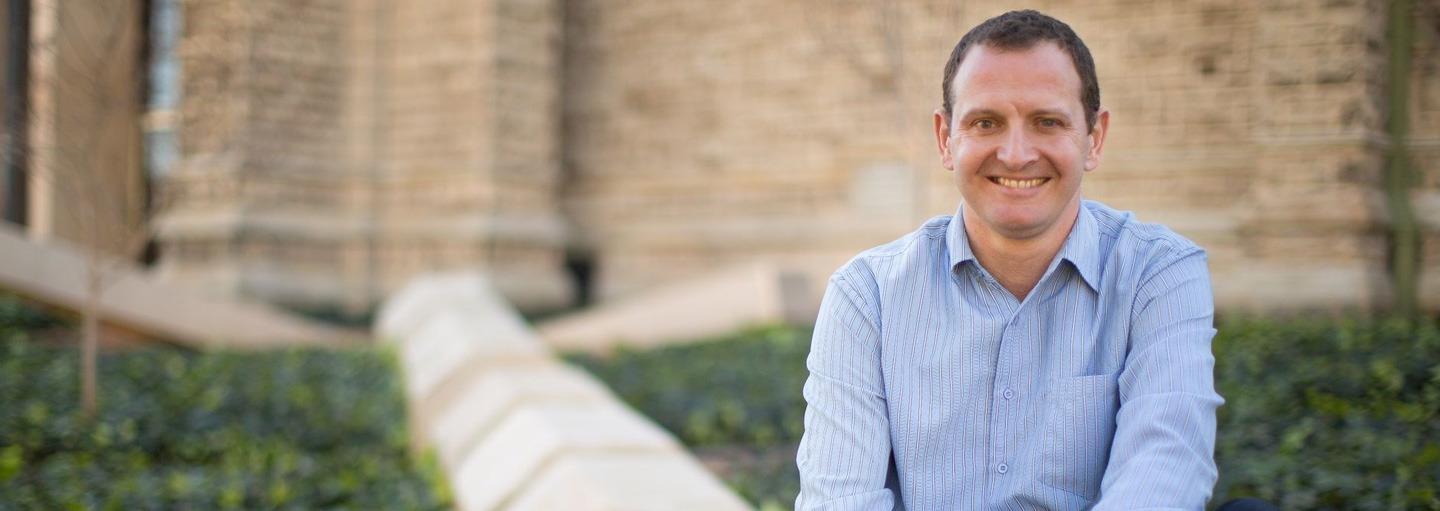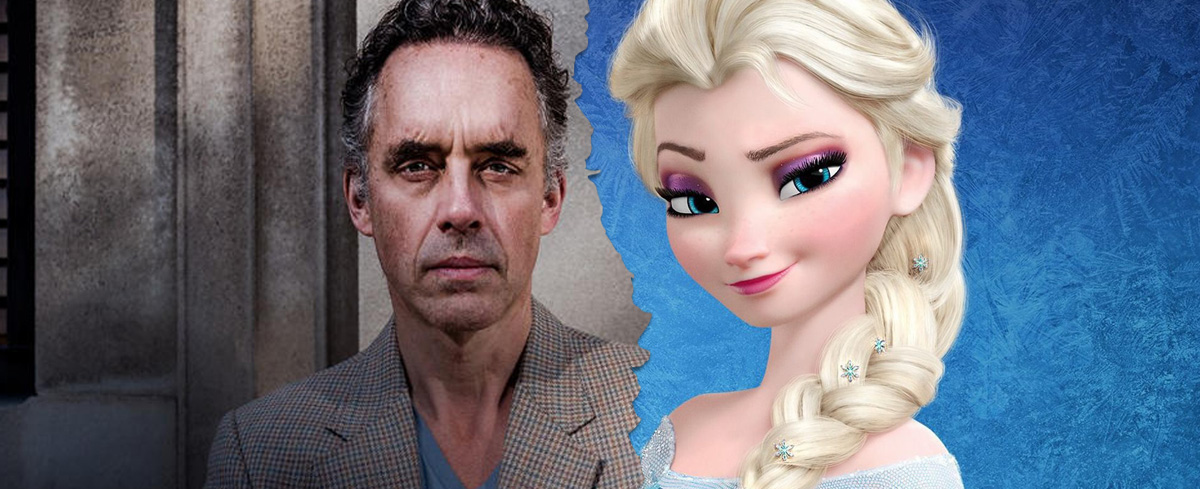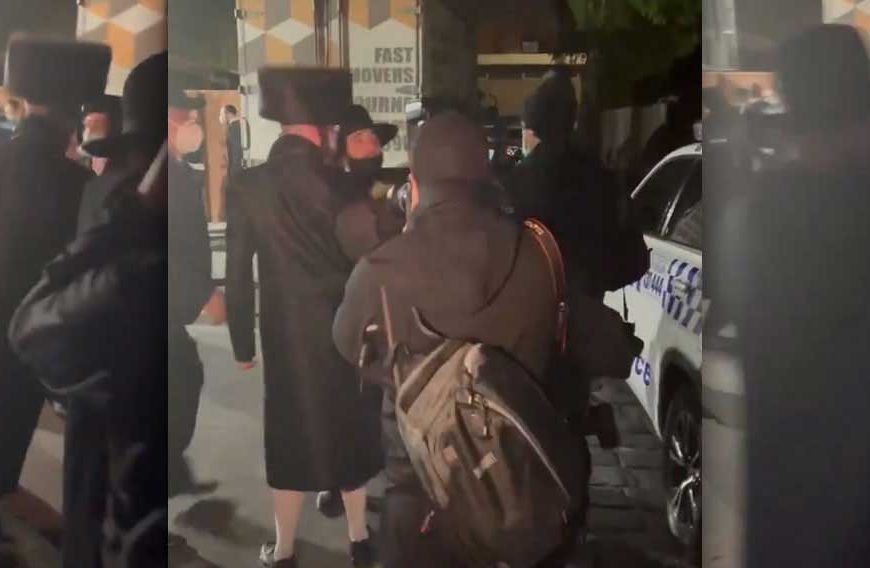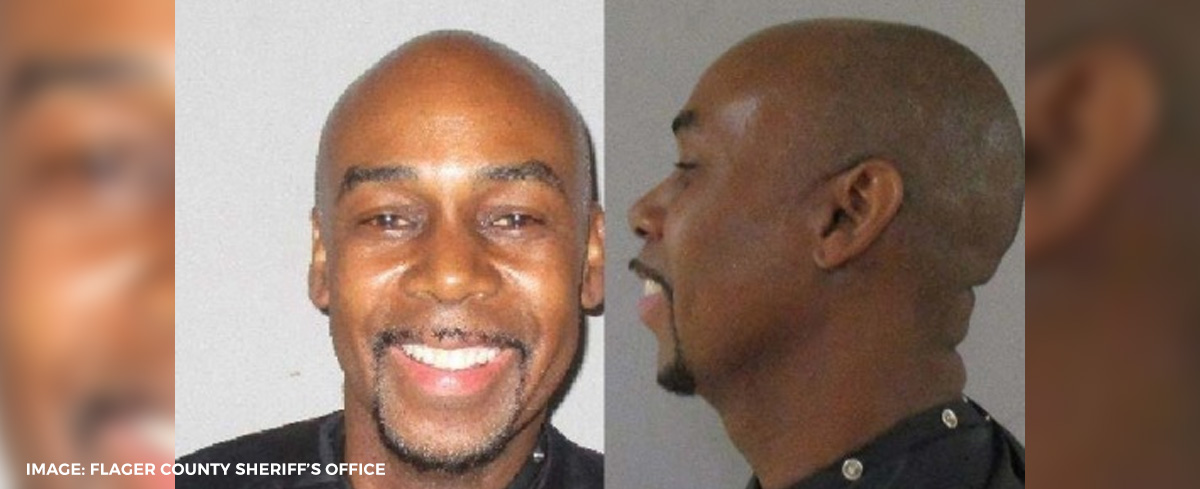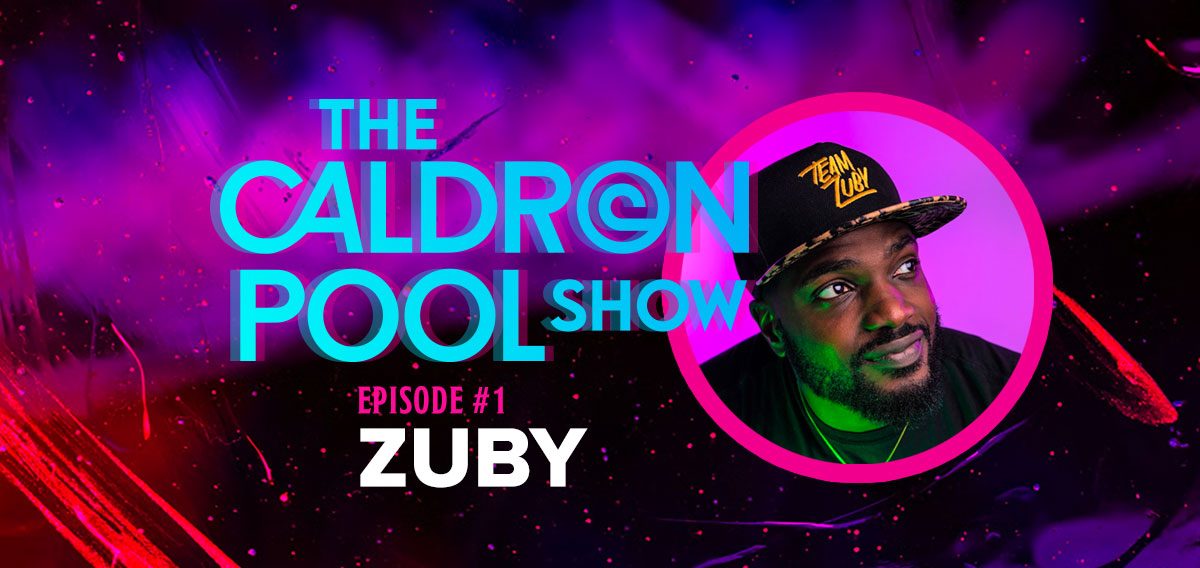There have been plenty of horrible tyrannies over the centuries, perhaps none more so than that of godless communism that took up most of the twentieth century. From 1917 onwards we witnessed the rise of many monstrous communist dictatorships. But by the 80s and 90s, we also saw the rise of brave and sustained resistance to them. This culminated in the fall of the Berlin Wall in 1989 and with it, the collapse of Soviet communism and the Eastern Bloc.
(I should at this point mention that there were of course earlier acts of courageous resistance, including the Hungarian Revolution – or Uprising – of October-November 1956; the 1968 “Prague Spring” in Czechoslovakia, followed by the August 1968 Warsaw Pact invasion; and the brave but short-lived Tiananmen Square resistance of 1989.)
But the revolutions that took place in Eastern Europe were nothing short of miraculous. They helped to bring a final end to Soviet communism. Sure, Marxist ideology is still alive and well, especially in Western universities and the like. But the incredible fall of so many evil and diabolical dictatorships during such a short period of time is something we must never forget. It was not just a massive political achievement, but a massive spiritual achievement as well.
A short article can not do proper justice to all of this, and I will need to pen further pieces in the future to offer more details on these stories. For the time being, however, a simple timeline can be offered to put all this into some historical context. I will then say a few further things about this incredible period in recent political history, including the role of the churches.
Timeline
- January 1989: Soviet troops withdraw from Afghanistan.
- June 1989: Poland becomes independent.
- September 1989: Hungary becomes independent.
- November 1989: The Berlin Wall is demolished and East Germany allows unrestricted migration to West Germany.
- November-December 1989: The “Velvet Revolution” in Czechoslovakia.
- December 1989: Communist governments also fall in Bulgaria and Romania.
- March 1990: Lithuania becomes independent.
- May 1990: Boris Yeltsin is elected President of Russia.
- October 1990: Germany is reunited.
- December 1991: Yeltsin and Gorbachev agree to the wind-up of all remaining Soviet structures.
- December 1991: Russia, Belarus and Ukraine create Commonwealth of Independent States and declare the Soviet Union no longer exists as a legal or political entity.
- December 1991: Soviet President Gorbachev announces his resignation.
The key players:
- 1978-2005: Karol Józef Wojtyla is Pope John Paul II
- 1979–1990: Margaret Thatcher is Prime Minister of the United Kingdom
- 1981–1989: Ronald Reagan is President of the United States
So many incredible events took place within a space of a few short years. And so much of it was due to prayer and the power of God as his people sought him during these terrible decades. And note how three key individuals were providently put into power during this crucial period. I have written about this brave trio before.
What happened in Romania is just one notable example of how people power and prayer power combined to bring about an amazing outcome. Let me share just one quote from an earlier piece I did on that miraculous revolution:
The Communists responded with the brute force they had always employed when threatened by freedom seekers. They ordered their troops to open fire on the protestors…. In the confusion of the crowd and the darkness, the savage gunfire claimed hundreds of victims, but the people of Timisoara stood strong. Though shocked at the cost of their stand, they knew there was no middle ground. They had decided to stand for truth against lies, and stand they would. By Christmas 1989, the world reeled with the results of that stand: Romania was free and Ceausescu was gone. The people of Timisoara rejoiced. Churches filled with worshipers praising God.
Poland
One of the precursors to these remarkable revolutions in eastern Europe, and an important element of it, was the rise of the Solidarity movement in Poland a decade prior. Younger folks may not be familiar with the term, or with names like Lech Walesa, but this was a massive case of people power helping to topple totalitarian rule. So let me offer just a few details in outline form about what happened there.
Poland had been through real hell for so many decades. It was first occupied by the Nazis back in September of 1939. The end of the war in 1945 did not help much: the Soviet Union instituted a new communist government there which lasted until the resistance of Solidarity. So it was under two terrible tyrannies for a full half-century.
The independent trade union Solidarity was founded in August 1980 at the Lenin Shipyard in Gdansk. Walesa, an electrician at the shipyard, was a major force behind this resistance movement. Its membership peaked at 10 million in September 1981 – around a third of the country’s workers. The union used various methods of civil resistance to push for workers’ rights and social change.
The upshot of all this was genuine legislative elections in 1989 – the first since 1947. In December 1990 Walesa was elected President of Poland, a position he held until 1995. For his earlier heroic efforts, the Solidarity leader was awarded the Nobel Peace Prize in 1983.
The Christian component, and further reading
As I said, the Christian churches were at the forefront of so many of these people power revolutions, as the quote above about Romania indicates. There are many books on this “revolution of the spirit” as George Weigel calls it, but let me mention just four extremely helpful volumes:
- Timothy Garton Ash, The Magic Lantern: The Revolution of ’89 Witnessed in Warsaw, Budapest, Berlin and Prague (Random House, 1990).
- George Weigel, The Final Revolution: The Resistance Church and the Collapse of Communism (OUP, 1992).
- John O’Sullivan, The President, the Pope, and the Prime Minister (Regnery, 2006).
- Paul Kengor, A Pope and a President: John Paul II, Ronald Reagan, and the Extraordinary Untold Story of the 20th Century (Intercollegiate Studies Institute, 2017).
The last three books emphasise the spiritual and ecclesiastical side of the fall of communism, especially the Weigel volume. Let me finish here with just two quotes. The first comes from the end of the O’Sullivan’s book:
In all three cases – Reagan, Thatcher, and John Paul – it is a spiritual element that best explains them and their achievements. All three, in subtly different ways, taught and embodied the virtue of hope. John Paul’s sermons and speeches in Poland were injunctions to people not to despair in the face of overwhelming force, but instead to hope in God and trust their fellow man. Reagan preached confidently of a coming age of liberty that would bring about the end of Communism. Thatcher believed in “vigorous virtues” that, once liberated from the shackles of socialism, would enable the British and people everywhere to improve their own lives. In very different styles, all were enthusiasts for liberty.
And my second quote is from the conclusion of Weigel’s book:
The Revolution of 1989 was also a reminder that the Lord of history — the Lord of the final revolution, if you will — is still capable of surprises. Christians believe in faith that the future is, finally, assured: that God will restore all things in Christ, in the Kingdom in which swords will be beaten into plowshares and every tear wiped away. But between now and then — between Easter and the return of the Lord in glory — there is history, and there is the life of the Church, which must ever hold itself open to the possibility of the new, the surprising, and the unexpected. Because of their faith in the promised future, contemporary Christians can say, with St. Paul, “I forget what lies behind and strain forward to what lies ahead” (Philippians 3:13-14).
Thus the Christian can never be a fatalist. And that is why Christian faith finally proved more resilient than communism. Communism was, in its cold heart of hearts, fatalistic. Christians, on the other hand, “can be certain that the future will offer to us … the manifestation of a new aspect of the fullness of Christ.” [John Paul II]
And so the final revolution will continue. The Revolution of 1989, an expression of this revolution of the spirit, was a reminder that there are still surprises left in history, and that the good guys do indeed sometimes win. As we approach the twentyfirst century, the curious mix of good and evil that characterizes all things human—and especially all things political—will remain. But we may also be sure that the Lord of history has not yet exhausted His supply of wonders on the road to the New Jerusalem.








